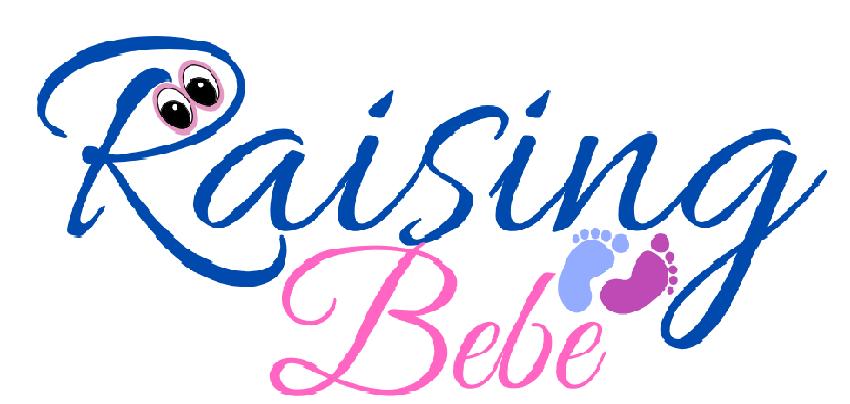As a parent, understanding your child’s growth and development is both exciting and essential. With insights about your little one, you can gain a deeper understanding of their emotions, behavior, and learning patterns. From their first words to their problem-solving skills, every stage of their development offers something new and fascinating. By recognizing these key moments, you can better support their emotional well-being, cognitive growth, and overall happiness. Whether it’s nurturing their creativity, enhancing their communication, or building strong bonds, knowing what to expect can make your parenting journey more rewarding. Let’s explore some amazing insights that will help you guide your little one toward a bright future!
1. Cognitive Development: Key Insights About Your Little One’s Learning Abilities
Cognitive development refers to how your child processes information, solves problems, and understands the world. By recognizing cognitive milestones, you gain deeper insights about your little one and their natural learning style.
Key Stages of Cognitive Growth:
- 0-6 months: Babies explore through their senses, recognize faces, and respond to voices.
- 6-12 months: They begin to understand object permanence and imitate sounds.
- 1-2 years: Toddlers experiment with problem-solving and recognize cause-and-effect relationships.
- 2-3 years: They ask “why” questions, engage in pretend play, and develop memory skills.
- 3-5 years: Logical reasoning, creativity, and early math skills emerge.
How to Support Cognitive Development:
- Encourage curiosity: Ask open-ended questions to help them think critically.
- Provide sensory play: Activities like water play, stacking blocks, and puzzles enhance problem-solving skills.
- Read and explore together: Books, storytelling, and real-world experiences boost their comprehension and imagination.
2. Emotional Development: Insights About Your Little One’s Feelings and Reactions
Understanding emotions is crucial for a child’s mental well-being. Gaining insights about your little one’s emotional development helps you teach them how to express and regulate their feelings effectively.
Key Stages of Emotional Growth:
- 0-6 months: Babies express happiness, distress, and attachment through facial expressions and sounds.
- 6-12 months: They develop stronger bonds and may show signs of separation anxiety.
- 1-2 years: Emotional outbursts (tantrums) occur due to limited emotional regulation skills.
- 2-4 years: They begin to identify emotions in themselves and others.
- 4-6 years: Children develop better self-control, empathy, and relationship-building skills.
How to Support Emotional Development:
- Help them name emotions: Use phrases like “I see you’re feeling frustrated” to improve emotional awareness.
- Teach self-soothing strategies: Deep breathing, hugging a favorite toy, or talking about feelings can help.
- Model positive emotional responses: Show them how to handle frustration calmly.
3. Social Development: Key Insights About Your Little One’s Interactions

Social skills shape how children form relationships and interact with their environment. Developing strong social abilities gives valuable insights about your little one’s ability to communicate, cooperate, and empathize with others.
Key Stages of Social Growth:
- 0-6 months: Babies respond to voices and enjoy face-to-face interaction.
- 6-12 months: They recognize familiar people and engage in simple back-and-forth interactions.
- 1-2 years: Parallel play begins, where they play alongside but not with others.
- 2-3 years: They start sharing, taking turns, and mimicking social behaviors.
- 3-5 years: Cooperative play, teamwork, and deeper friendships form.
How to Support Social Development:
- Encourage group play: Playdates, daycare, and interactive activities promote teamwork.
- Teach kindness and empathy: Guide them in understanding others’ feelings.
- Set boundaries: Help them learn personal space, consent, and polite communication.
4. Language Development: Insights About Your Little One’s Communication Skills
Language is essential for expressing thoughts and emotions. Recognizing communication milestones offers valuable insights about your little one’s speech and comprehension abilities.
Key Stages of Language Growth:
- 0-6 months: Babies coo, babble, and respond to familiar voices.
- 6-12 months: They start saying simple words like “mama” and “dada.”
- 1-2 years: They form two-word phrases and follow simple instructions.
- 2-3 years: Sentence structures improve, and vocabulary expands significantly.
- 3-5 years: Conversations become more complex, and storytelling abilities emerge.
How to Support Language Development:
- Engage in conversations: Talk to them throughout the day, even about simple tasks.
- Read books daily: Storytelling strengthens comprehension and vocabulary.
- Encourage expression: Ask them to describe their day or share their thoughts.
Conclusion
Gaining insights about your little one helps you understand and support their development more effectively. By recognizing milestones in cognitive, emotional, social, and language growth, you can create a nurturing environment where they flourish.
Every child grows at their own pace, so patience, encouragement, and love are the best gifts you can give them. Keep exploring, learning, and celebrating their unique journey—because every moment with your little one is truly special.

